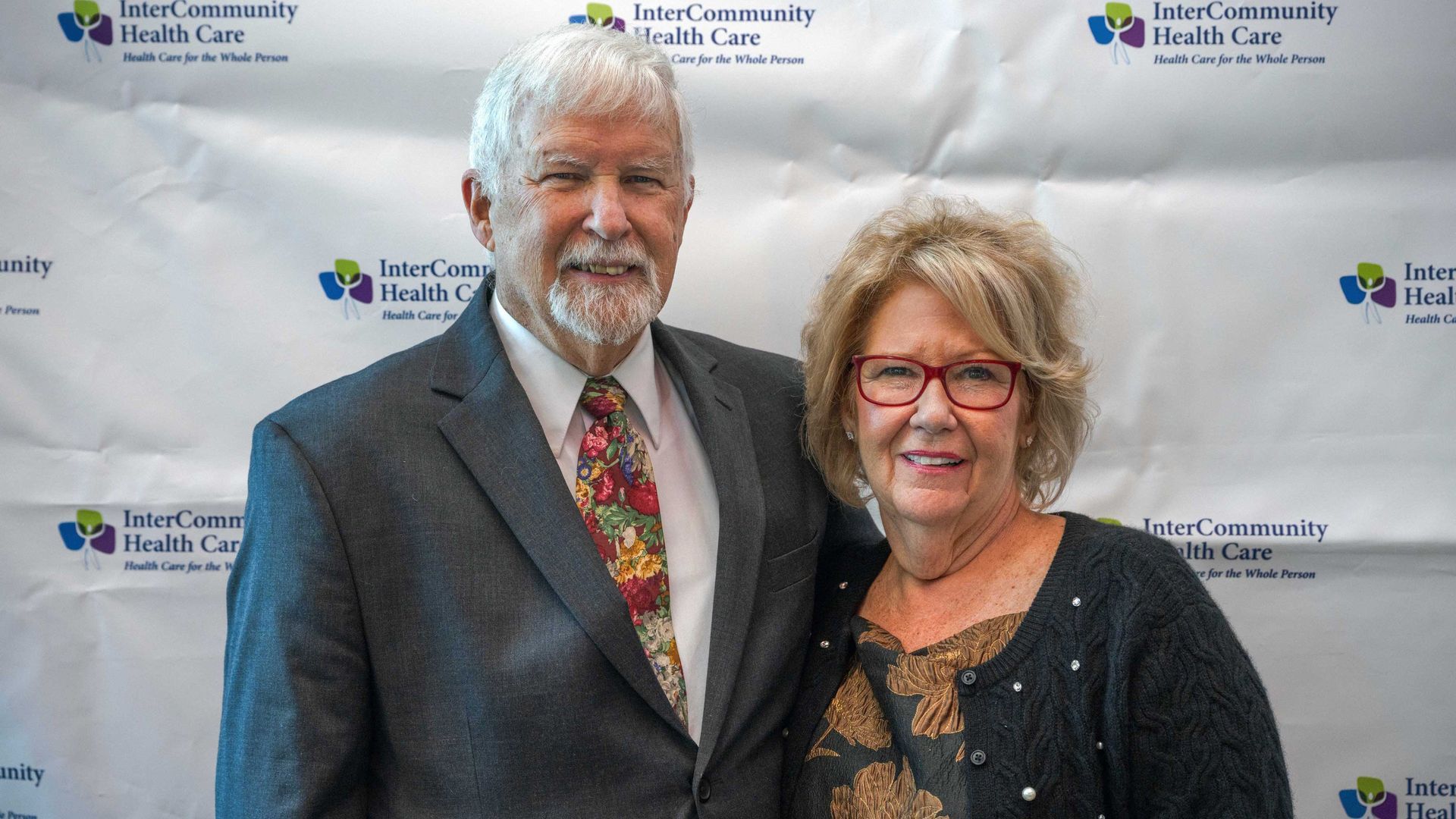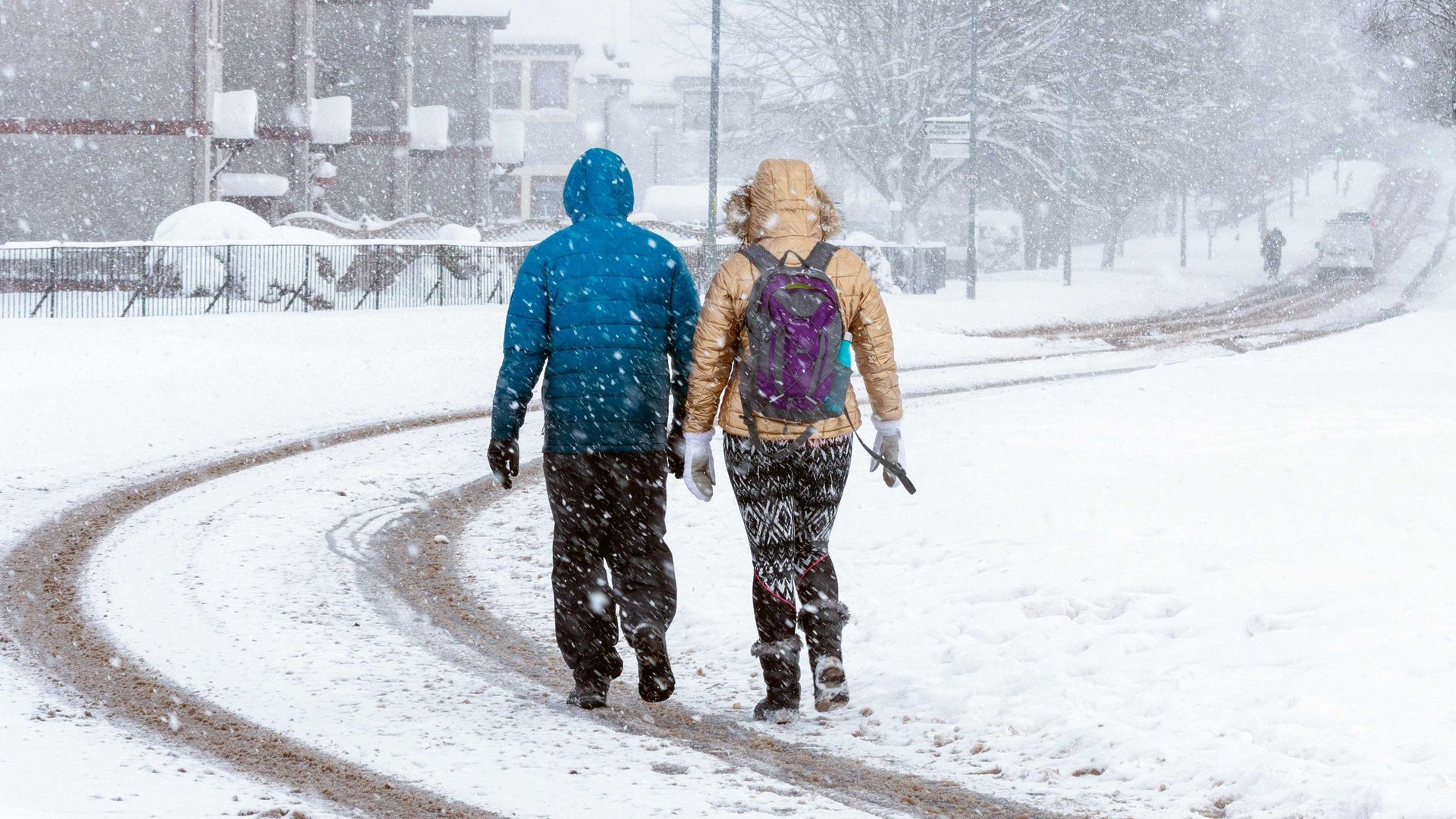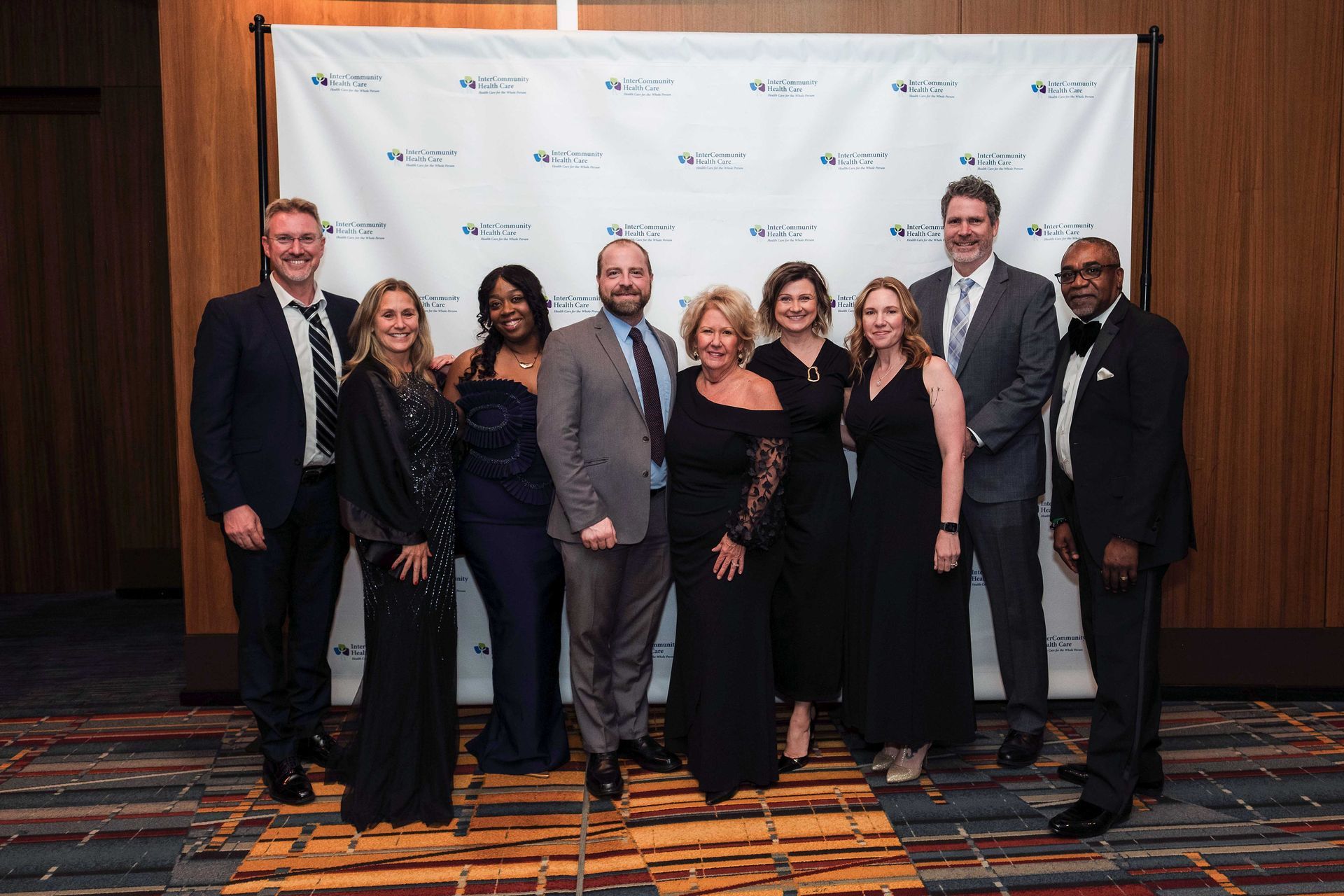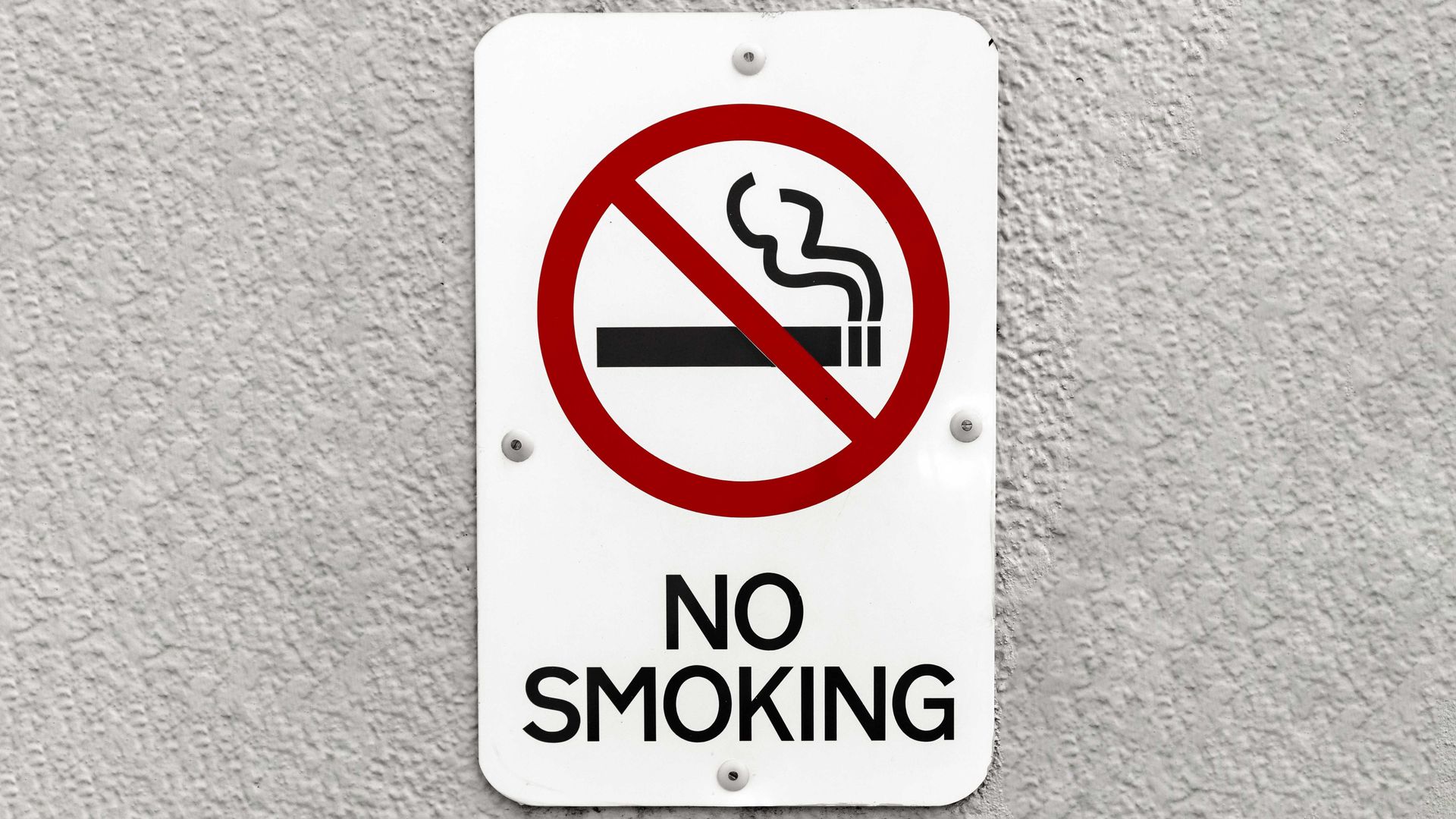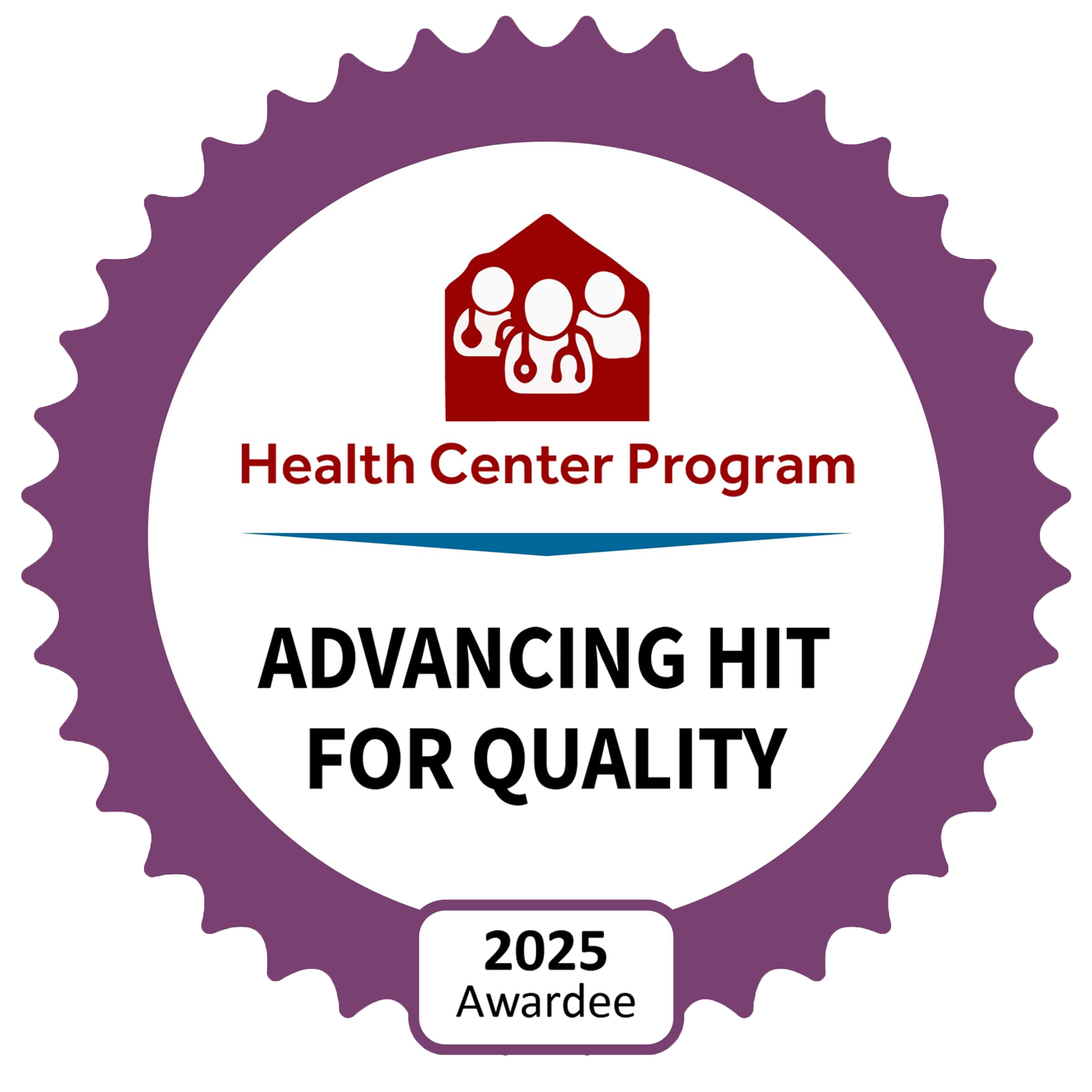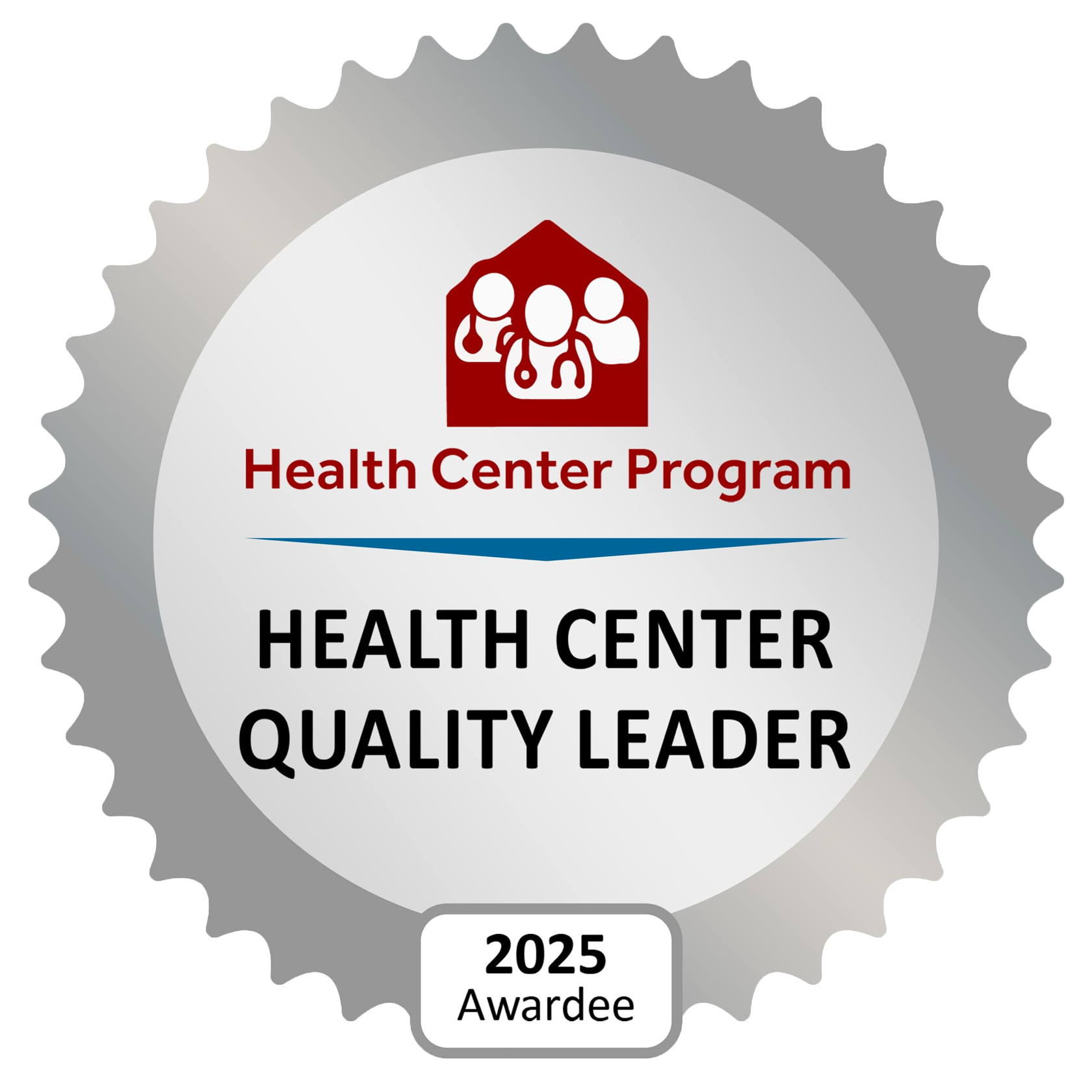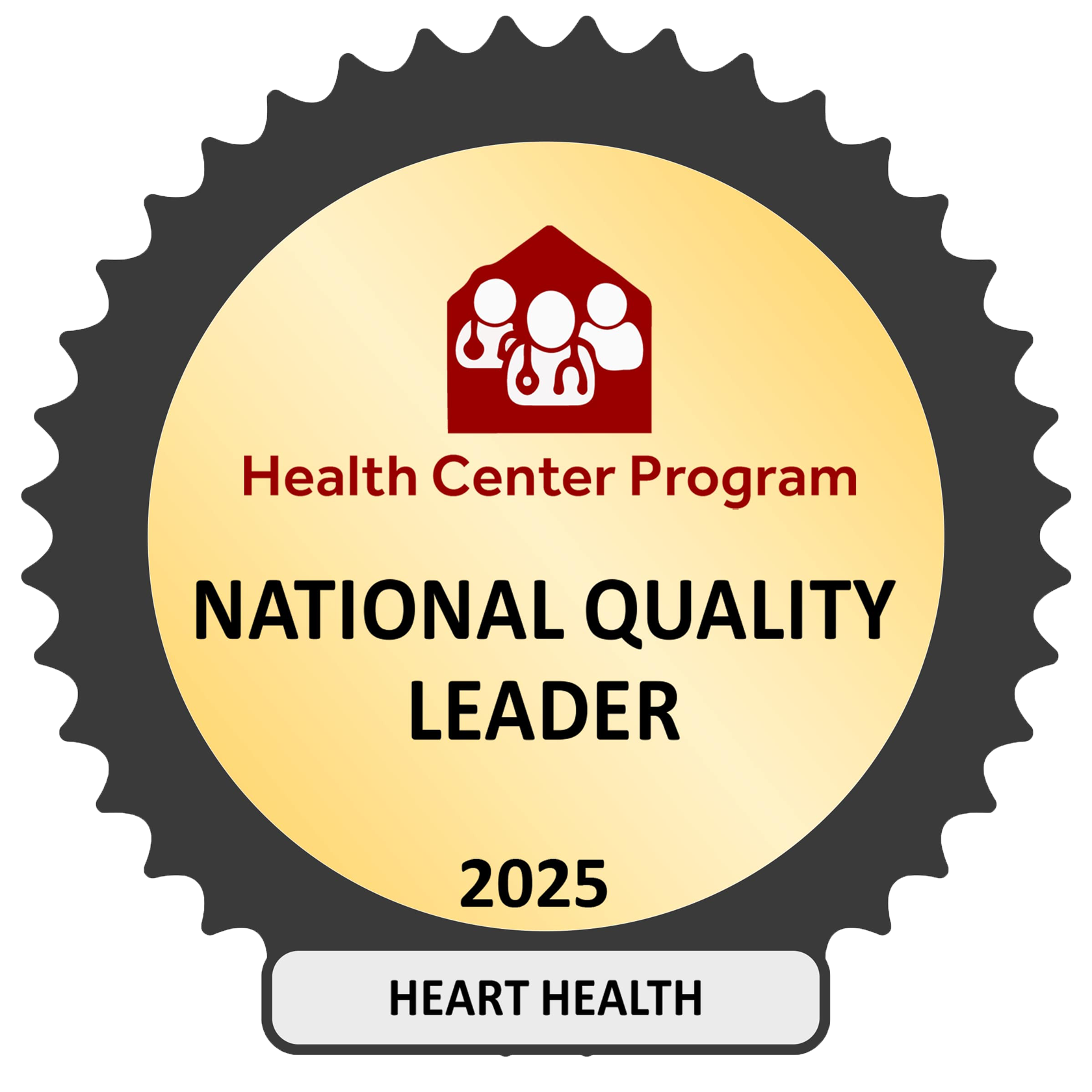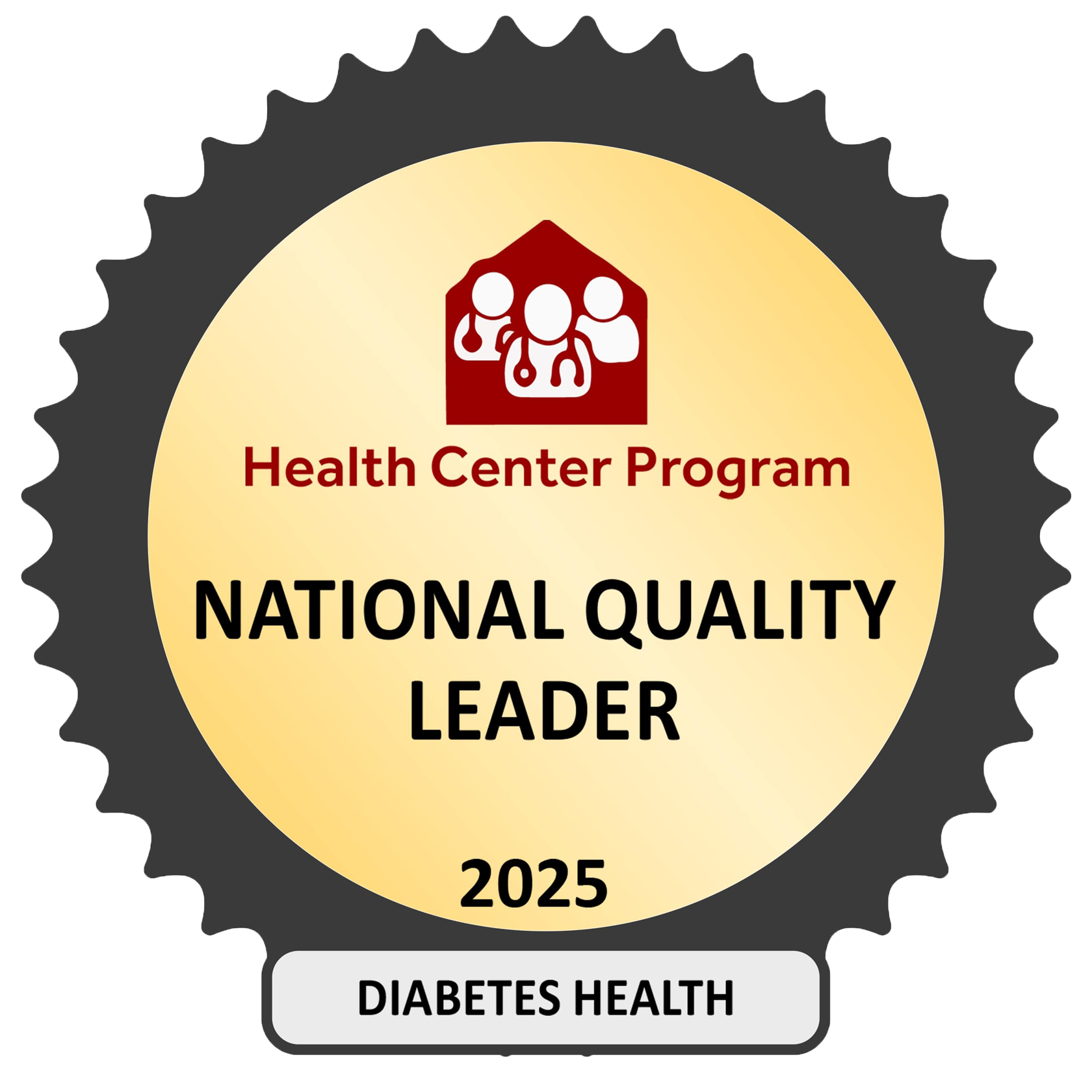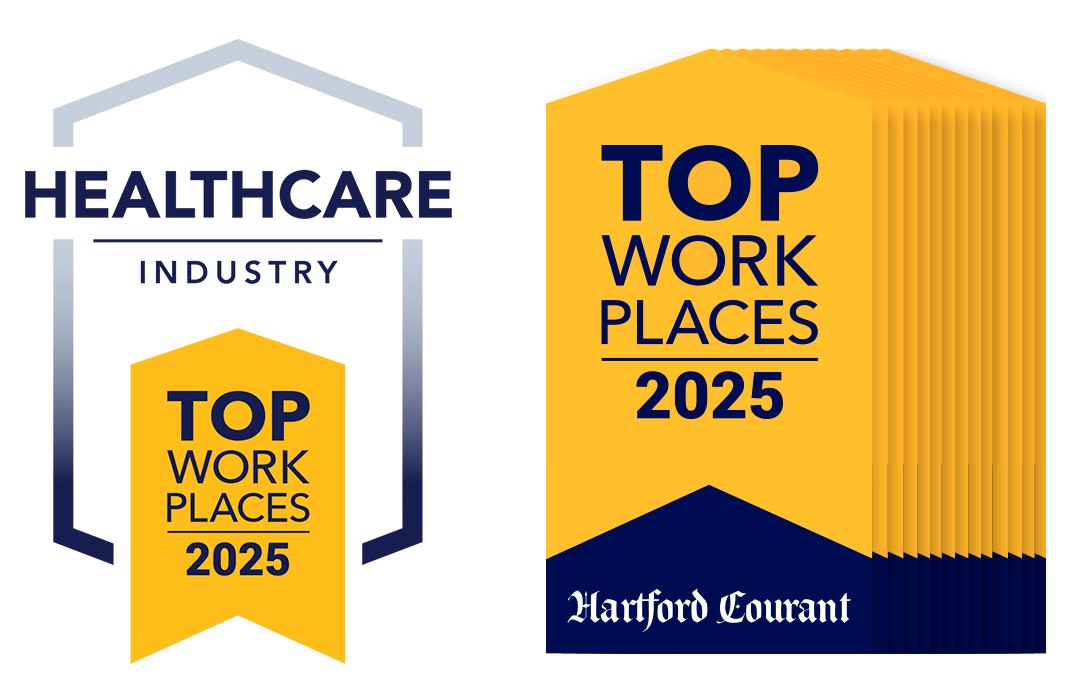Youth Mental Health: A Call to Action
In December 2021, the U.S. Surgeon released a report and call to action regarding youth mental health. School closures and interruptions in learning, the number of deaths from COVID, social isolation, missed milestone events, and economic instability due to the pandemic have caused unprecedented stress in children and adults, and a significant and alarming increase in mental health issues.
Recent research shows that symptoms of anxiety and depression have doubled among youth, with 25 percent reporting symptoms of depression and 20 percent reporting symptoms of anxiety. In addition, suspected suicide attempts skyrocketed in 2021, particularly among adolescent girls. Youth most at risk for mental health symptoms during the pandemic include those with previous mental health challenges, those who have experienced trauma, food and housing insecurity, those whose parents are frontline workers, and those who have endured more disruptions to normal routines, among other factors.
Even before the pandemic, surveys showed that youth mental health was suffering. The report notes that from 2009 to 2019, the proportion of high school students reporting persistent feelings of sadness and hopelessness increased by 40 percent. Suicidal ideation also increased, as did youth visits to emergency departments for depression, anxiety, and other mental health symptoms.
Groups at higher risk for mental health challenges include youth with intellectual and developmental disabilities, low-income youth, youth belonging to ethnic and racial minorities, youth in rural areas, immigrant households, LGBTQ+ youth, those involved with the juvenile justice or child welfare systems, and runaway youth and those experiencing homelessness. Many youths are part of more than one high-risk group, such as those from a low-income family who have lost a parent to COVID-19.
Resources for help for children and adults include mental health care at InterCommunity’s Outpatient Children’s Clinic, InterCommunity’s East Hartford school based health centers, and health centers located in Hartford, East Hartford, and South Windsor. A diagnosis can determine the most effective treatment available, which may be medication, therapy, or a combination of both. Call us at 860-569-5900 for an appointment.
(Source: “Protecting Youth Mental Health: The U.S. Surgeon General’s Advisory, Dec 7, 2021)
The post Youth Mental Health: A Call to Action appeared first on InterCommunity.


